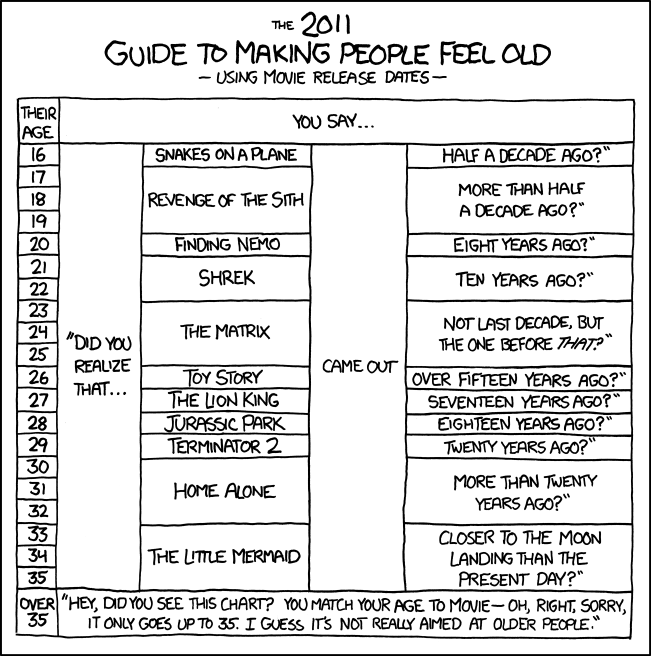One of the big arguments against pure voluntarism as a stable political system is that people tend to form hierarchies. Indeed, people do tend to form hierarchies. One of the reasons for this is Dunbar's number. This post will not cover that topic. I want to instead focus on what I consider the other major reason that human groups tend to fall into hierarchy.
There are two meta-moral systems (which is to say, categories of moral systems) involved with dominance and submission. One is that described by Nietzsche, who called it the 'slave morality'. The other I will call the 'slavemaster morality'.
In the slave morality, there is one major heuristic: the victim (or the person in the submissive position) is always morally in the right. He or she has been put upon unduly by the dominant party, and bears no responsibility for the problems. In a system of pure 'slave morality', the old 'just following orders' excuse always flies.
In the slavemaster morality, there is one major heuristic: the person who has taken charge is morally in the right, because something must be done. Those who have abdicated responsibility may be taken advantage of freely, because they have surrendered their choice. It is rarely put into these terms.
Mosbunall of those with the slave morality see mosbunall those with the slavemaster morality as evil greedy fascists. Mosbunall of those with the slavemaster morality see mosbunall of those with the slave morality as evil greedy parasites.
The funny thing is, slave morality and slavemaster morality are strangely entwined. Slave morality, with its abdication of responsibility in exchange for shielding from being morally in the wrong, requires those with the slavemaster morality to take charge of them. Slavemaster morality cannot survive in the absence of willing slaves. The symbiosis is fairly clear.
Not only are these two metamoral systems symbiotically linked, but they are based on the same pair of fallacies. They both take as absolutely true that:
- it is undesirable or unpleasant to be submissive,
and - it is desirable or pleasant to be dominant
These heuristics are rarely accurate. Dominance bears the burden of responsibility, not only for the self but also for others. Submission removes this burden. While there are positives to dominance (it helps one get one's way, for instance) and negatives to submission (abdicating control has many psychological impacts in addition to making it problematic to have one's needs reliably met), in general one state of affairs is not on the whole significantly better than the other. So, anyone who takes the above heuristics as absolutely true will subscribe to slave or slavemaster morality depending on whether they want to abdicate responsibility or gain power, respectively.
I suspect that these heuristics predate the dawn of man as such. Hierarchical behavior in packs of nonhuman primates sometimes follows the same pattern. In a system with communication limited in speed and complexity, there are extreme benefits to having a single leader, and the above-mentioned heuristics encourage the selection of a more nearly optimal leader over time, as well as discouraging mutiny by those not predisposed to a dominant position. But, I hope we have progressed far enough that we can attempt to overcome these biases with reason and endeavor to live in a society not essentially based on the structure of gangs of roving gorillas.

























